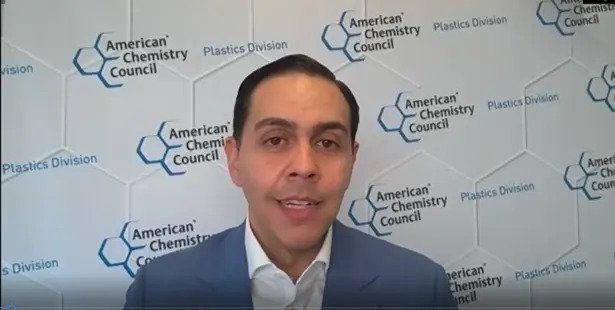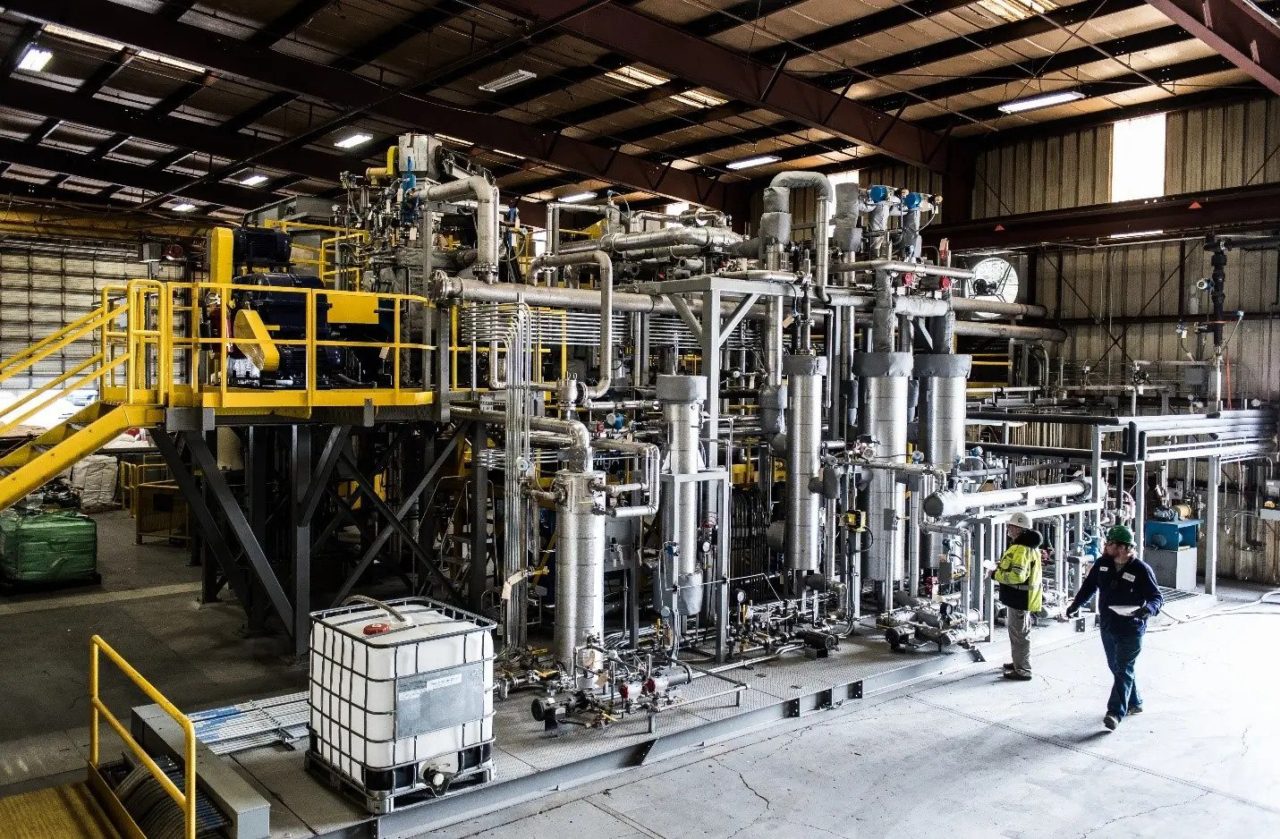In the last several years, the plastics industry has invested heavily in innovation that will help us achieve a more sustainable future. America’s Plastic Makers have set a goal to reuse, recycle or recover all plastic packaging in the U.S. by 2040. Fresh innovation and new technologies are already helping us toward that goal.
In particular, a technology called advanced recycling is transforming used plastic into new products, rather than relying on virgin resources for new plastic production. Companies across the United States have announced $5.5 billion in investments for 66 new projects that will revolutionize how we use and reuse plastic resources.
But a new misguided piece of proposed legislation could upend this progress. The Break Free From Plastic Pollution Act (BFFPP) would restrict the production of modern and innovative plastic materials and limit game-changing advanced recycling technologies. We agree with proponents of the legislation that plastic in the environment is never acceptable. But their proposed approach is counterproductive and harmful.
Strategies to cut back on plastic waste and greenhouse gas emissions should embrace solutions already underway. Leaders from across the business and academic community gathered in a virtual event on March 23 to outline these efforts and push back against the legislation.
Chris Jahn, president and CEO of the American Chemistry Council, pointed out, “During one of the gravest crises our nation has faced in years, this bill would threaten lives by interrupting the manufacture of critical, life-saving materials, suffocate economic growth, and threaten our environment and any hope of making progress in the fight against climate change.”
Multiple studies have consistently shown that alternatives to plastic packaging, which the legislation would require, typically produce significantly more greenhouse gas emissions – on average twice as many – over a product’s life.
One of the key benefits of plastic is that it helps cut down on the amount of material used. Switching to common alternatives would also lead to an estimated 55 million tons of new, avoidable packaging. And that new packaging would come with a carbon footprint estimated to increase emissions by 130%.

“Plastics are an indispensable part of economic growth and vital to a low-carbon future,” said Jim Fitterling, chairman and CEO of Dow, Inc., a speaker at the March 23 event. “Our focus as an industry and as a society should be continuing to deliver products and solutions that enable a more circular economy, strengthening our nation’s supply chains, and reinforcing our critical manufacturing capacity.”
Dr. Marco Castaldi, professor of chemical engineering, City College of New York, agreed. “Advanced recycling technology offers important benefits for our economy and the environment,” he said. “Using advanced recycling will keep useful resources out of landfills and reduce the need to extract virgin resources. This bill would put the U.S. at a competitive disadvantage and grant other countries an edge.”
In fact, a new report from Good Company found that air emissions produced by a typical advanced recycling facility are lower than those of many other facilities in our communities, such as universities, hospitals, food processing and automotive manufacturing facilities.
The challenge of creating a healthier, more sustainable world is a critical one. Plastic is essential to sustainable living and a huge part of solutions that reduce emissions. This bill would be a step backwards. It would eliminate real solutions happening today.
Do we have more work to do to end plastic waste? Absolutely, and we have provided a Roadmap and Guiding Principles to help guide the way. Plastic waste is solvable with the right approaches, and leaders in sustainability, circularity and innovation are optimistic and serious about the work they are doing to solve some of society’s greatest challenges.

